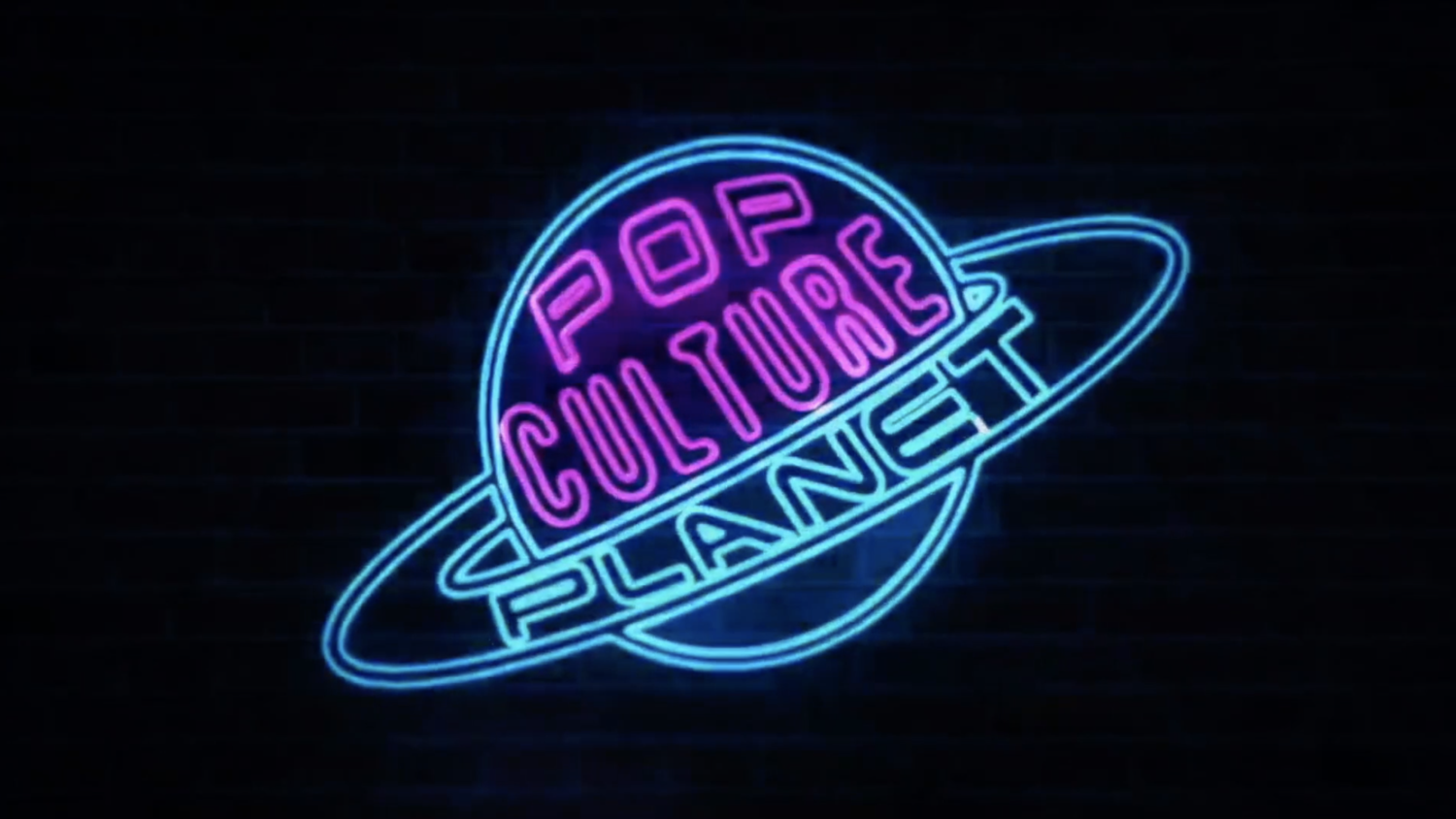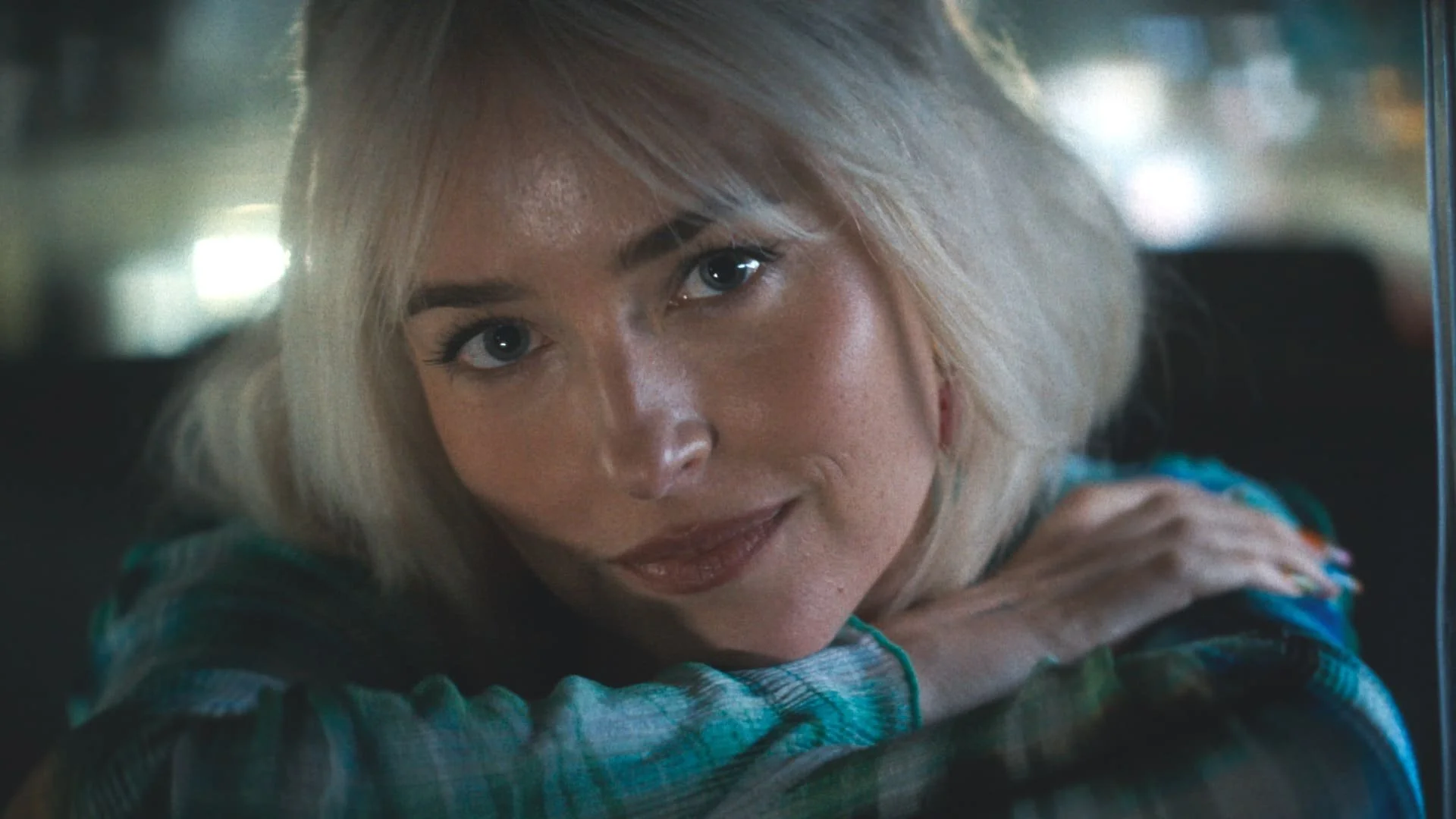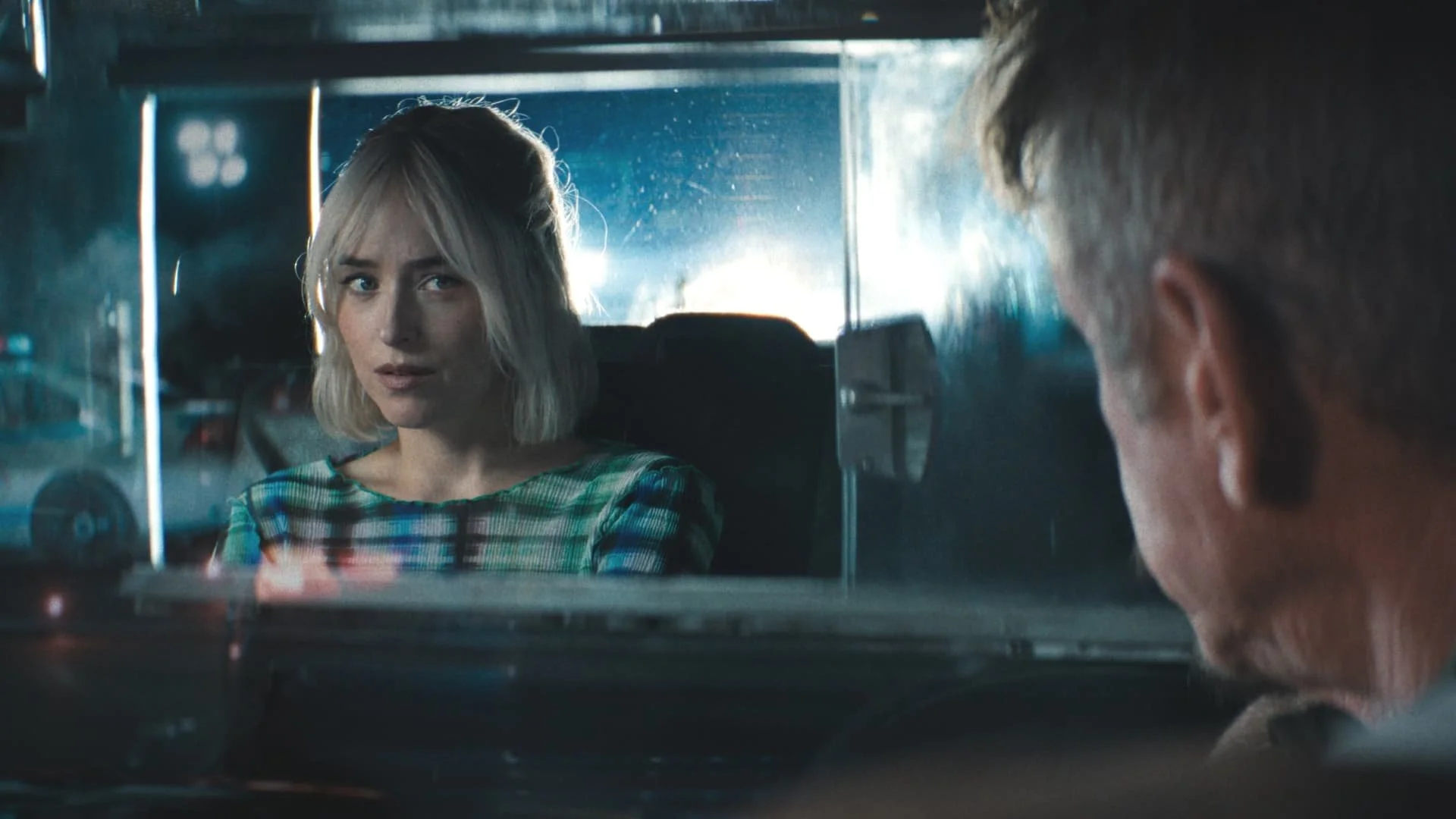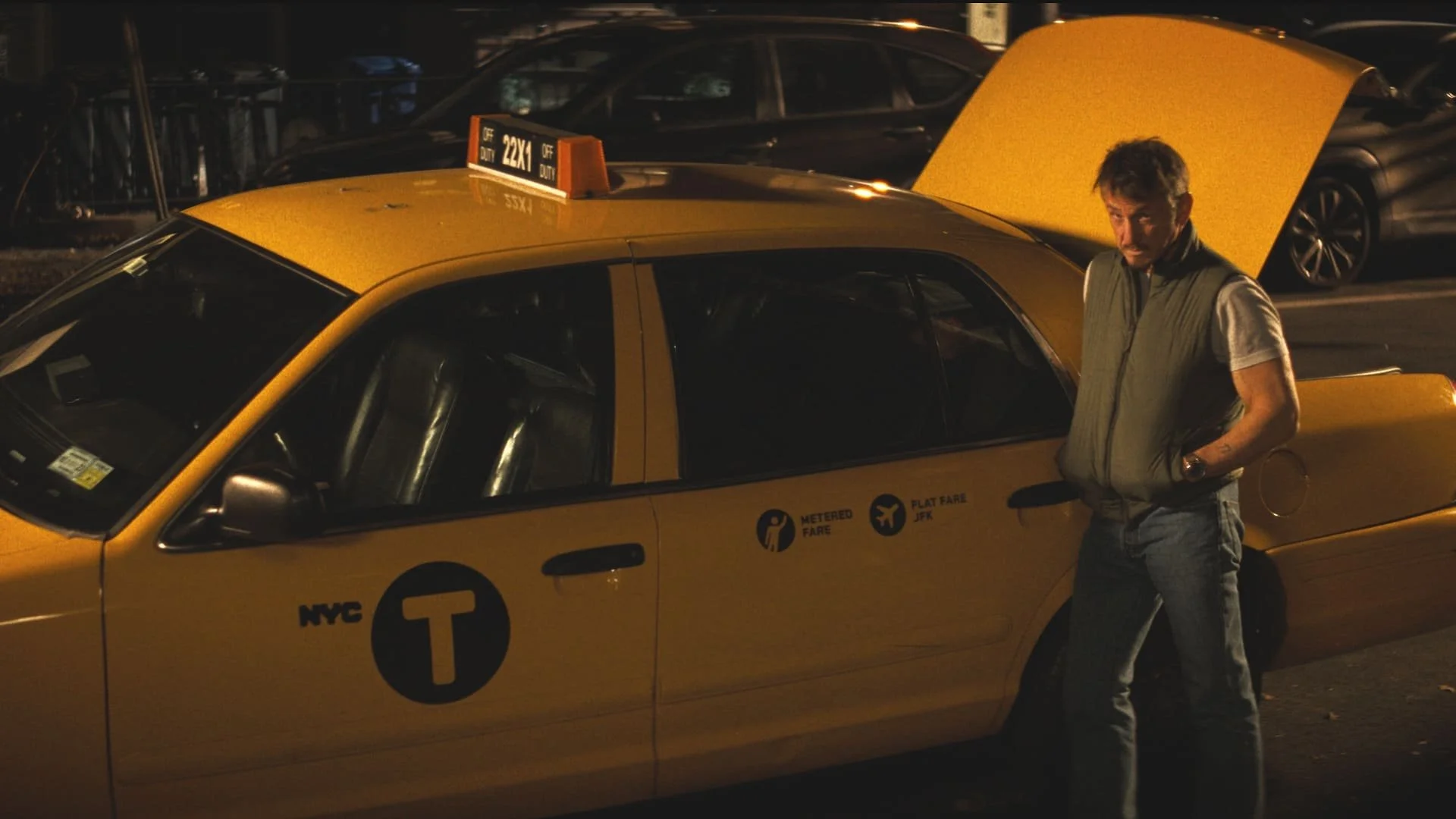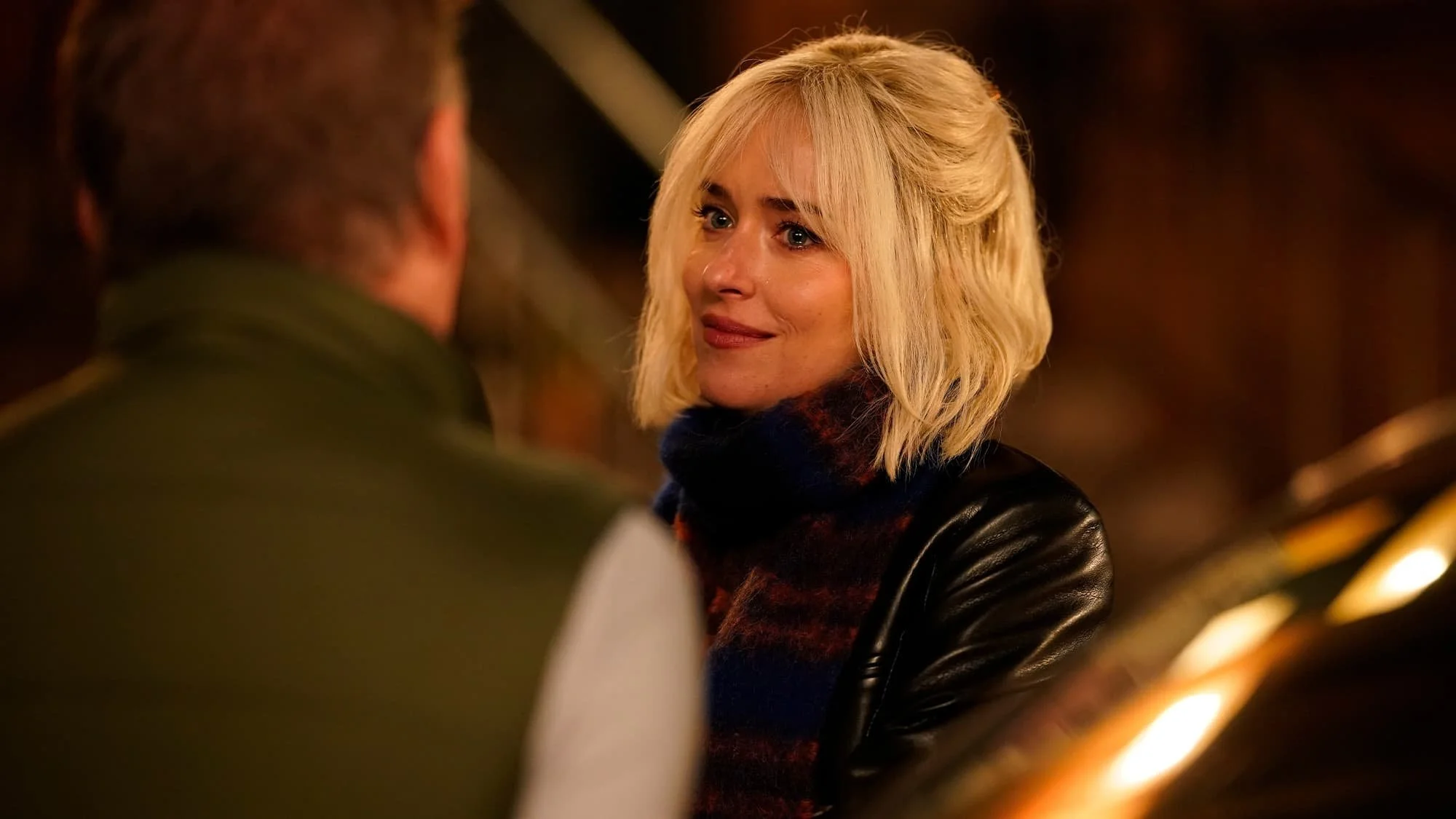Tribeca 2024: Dakota Johnson and Sean Penn Remind Us What Real Human Connection Looks Like In Daddio
Christy Hall's newest film Daddio is a New Yorker’s nightmare. Never have I ever gotten into a cab and thought to myself, "Maybe if I indulge in a conversation with my driver, I would walk away feeling reborn." However, that doesn’t take away from the beautifully emotional and raw story being told here in this Tribeca Festival debut. Dakota Johnson, Sean Penn, and Christy Hall may have a tough-to-love gem on their hands. People do not take kindly to being told they’re doing it wrong, and that’s what this film is doing — telling us we don't know how to connect anymore, and maybe it’s right.
This film is emotionally intelligent in a way I fear some of us are no longer able to tap into. It asks you to just sit, watch, listen, and understand. This film isn’t asking you to be a quick study or pick up clues. It’s all right in your face as long as you pay attention. That’s what intrigued me. Once you understand you are part of the conversation, that’s when it truly becomes your journey.
Our unnamed female protagonist (they call her "Girlie," but she never says her name in the film) gets in a car at JFK. She’s a real New Yorker, not interested in conversing. She’s in her own world, dreading this awful late-night drive, distracted by a flood of texts from her horny, drunk, disgusting lover named “L,” who is our tether to the outside world. Her taxi driver, the quick-witted Clark, aims to spark some conversation by talking about the inevitable doom of taxis as our phones take over.
Though it would have been easy for Girlie to brush him off, she doesn’t. She leans into the conversation quickly. It's clear from the start that she isn’t the average New Yorker. Somehow, a conversation with a nosy cab driver seems like exactly what she needs.
That’s what makes Daddio so compelling for me. You do have to step out of your comfort zone a tiny bit and imagine a world where a young woman talking to her older male driver, who gives off the energy of a womanizer, is probable. It may seem out of reach, but isn't that what a good movie does — tap into the viewer's worldview and expand it? The stage is perfectly set for these characters to have this intimate and vulnerable conversation, and they do! These characters step out of the bounds of normalcy, whatever that means these days, and that’s what sells this story.
Clark is a wise older man who could be selling hopes and dreams, but instead, he gives it straight, sometimes maybe even a little too direct. Girlie is a young, independent, strong woman looking to make sense of the world. Clark's questions are invasive, which Girlie doesn’t seem to mind. She answers them, constantly pushing back on his ideas and trying to shield herself from his assumptions, but Clark doesn’t let her go all on her own. He eventually lets his walls down, sharing his truth. These two characters rely on each other a lot. Clark relies on Girlie's sassy, young, explosive energy, while Girlie relies on Clark's out-of-pocket cool-guy-with-all-the-answers energy. It becomes clear that they are learning from each other just as much as they might be criticizing each other. What I love about these characters is how playful they are, and that’s the actors' doing. This film truly wouldn’t have been as appealing without the work of Johnson and Penn. Their on-screen chemistry is electrifying. There’s not much one can do in a car, but these two play so much with body language and eye contact that the film doesn’t feel static. It's constantly giving you something to latch on to.
Hall wants us to see the tension of the characters and confuse us — is this a mentorship? A friendship? Are they going to make out in the end? She wants us to use our biases about human connection, especially when it comes to gender and energy, and then throw it all back in our faces. We see that from the very beginning when Clark says, “You look like a girl who can handle herself.” Now, I don't know about you, but if a strange taxi man said that to me, I might just get out and request a new ride. Whether it’s the fact that Girlie is so stubborn or beautifully aware, she seems unconcerned about Clark's directness. It is the constant uncertainty about the end of the journey that makes this so fresh. For once, as an audience, we can ask, "Where is this going?" and really have no idea.
Hall directs this film in a way that clearly demonstrates who she is as an artist. Known as a playwright, I commend her for daring to step out of film bounds. She is an artist unafraid of ruffling some feathers and asking more of her audience than just to be entertained. She is asking her audience to be active participants in this conversation. Essentially, she is schooling us and telling us we forgot about the art of simply just talking.
The ending is what topped it all off for me, though it does drag on for an awkwardly long amount of time. It’s simple, but so emotional because they exit the car and we have no idea what’s next for these characters. We barely even know what they were like before, but we know they’re different. There is this release of human emotion that says "thank you" even without the words, as if this one cab ride made them feel seen like they have never felt seen before.
Be a part of the conversation with Daddio, now playing in theaters.
